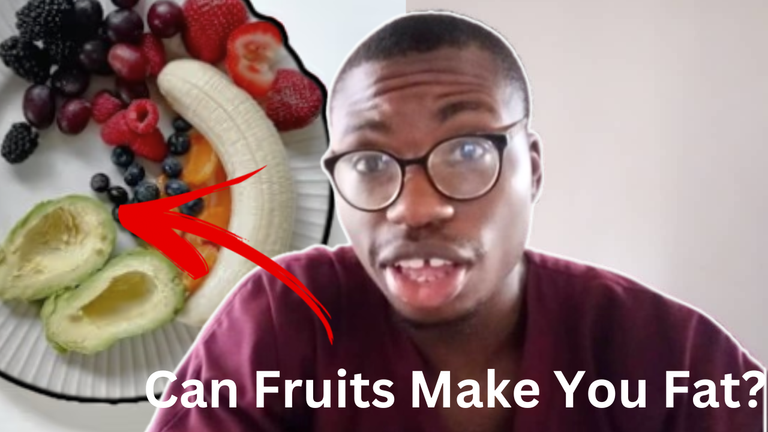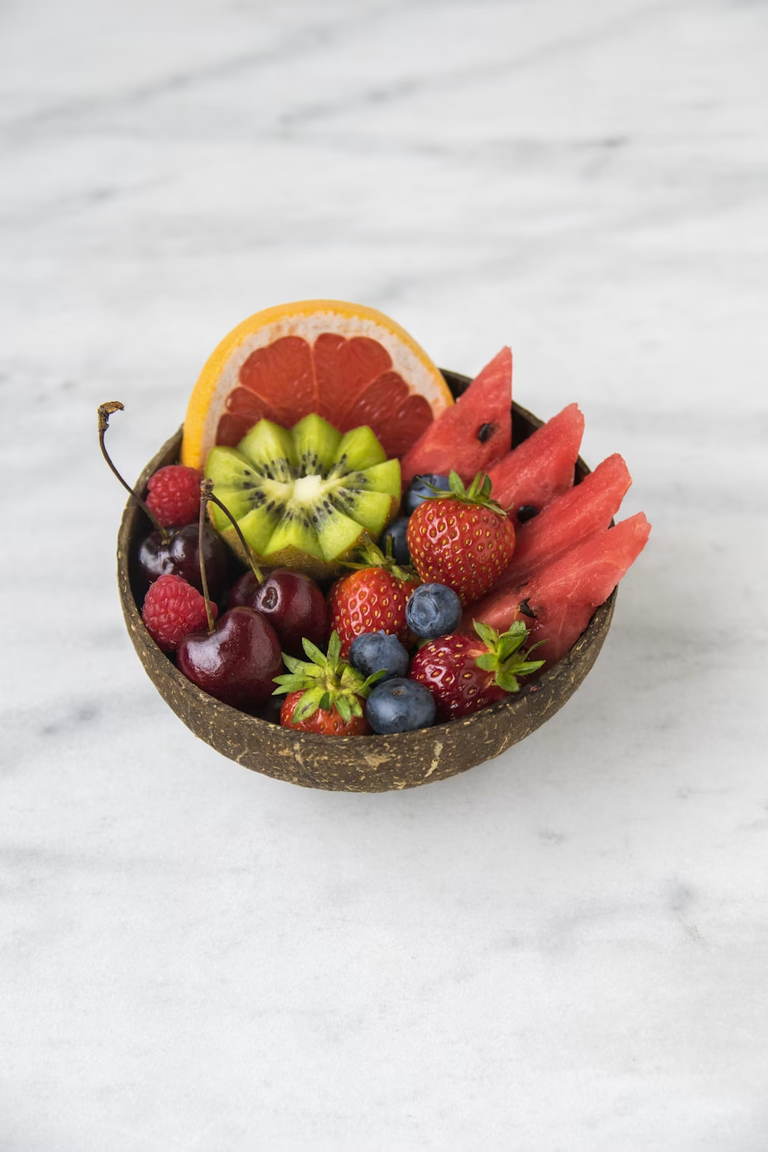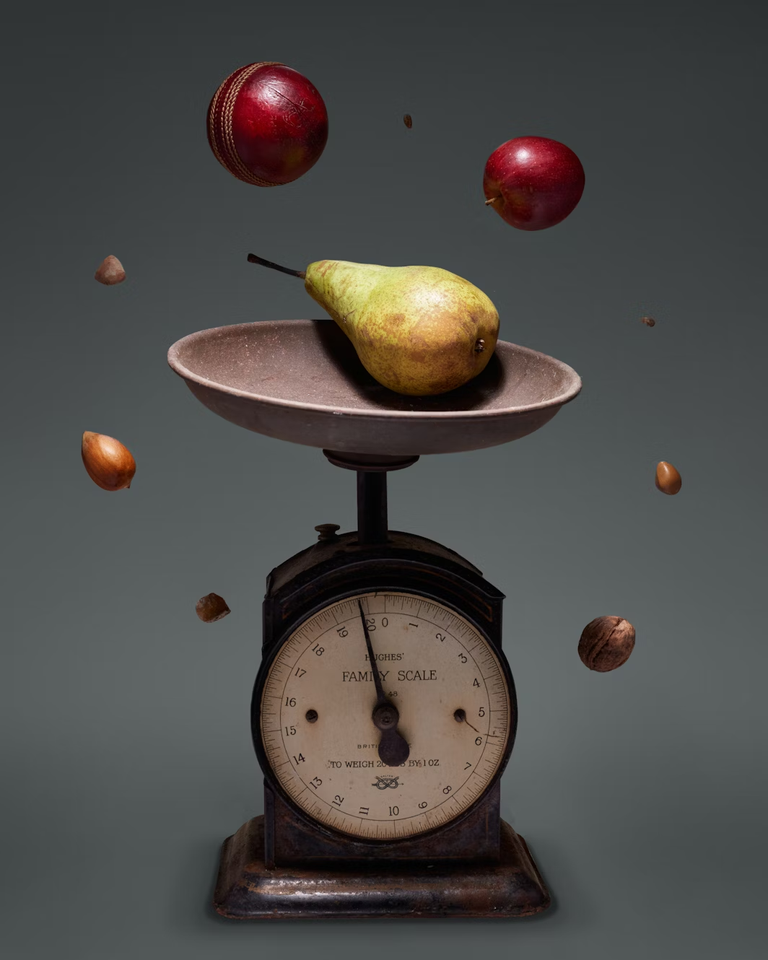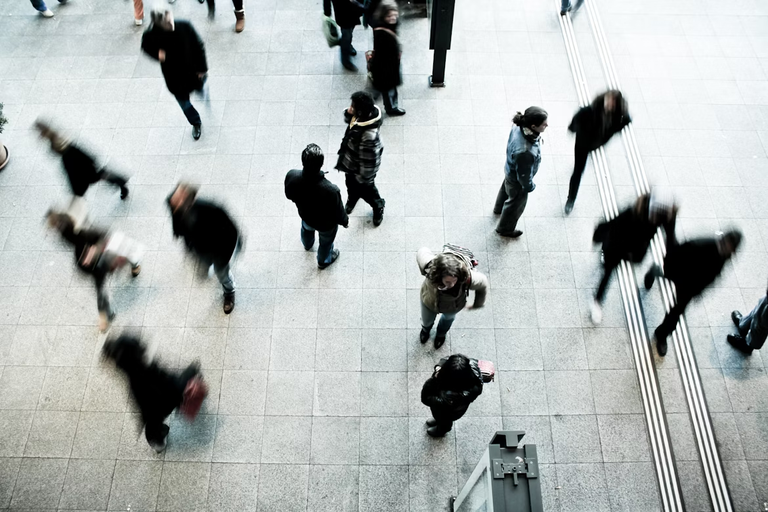
Source: Phone image, Canva, Unsplash and bg remover
transcript
Ladies and gentlemen, boys and girls, gather around. I'd like to welcome you to my YouTube channel.
Again, today we're going to be talking about an important topic, very, very important. Very, very essential that you understand this if you are going to lose weight, if you are going to build muscle.
You need to learn this particular part of the whole game. Like I have said on my WhatsApp status where nobody listens to me, building muscle and losing weight are the same game.
Different? No, they are different consoles. Wait, they're the same. They're the same console but different games. So if you are going to play this game properly, then you need to know how to press X, box triangle and O on your PlayStation pad.
All right, so now today we're going to be talking about if you can build weight, you can, you can become overweight with fruits and vegetables.
Can Fruits and Vegetables Contribute to Weight Gain?

The question is: can fruits and vegetables make you fat? And the simple answer is yes, but the long answer is it depends.
Okay, now fruits and vegetables have a lot of fiber in them. Fiber, yes, fiber is one very, very, very underrated nutritional product. It helps us because if you have fruit and fiber in your diet, you feel full, your bi can move properly, and you can pass feces lightly.
But the most important part when we were talking about fitness and health is that you feel full, especially when it comes to weight loss. You feel full, you feel like you have eaten enough, and that you don't need extra food because it reduces gastric emptying time.
It slows down how the gastric mucosa moves so you feel like you have eaten something as opposed to eating things that are more loose and with higher glycemic index.
Like your pastries, all those different types of foods for them, you feel like you haven't eaten that much. But when you eat something with high fiber like fruits and vegetables, also you feel like you've eaten a lot.
Meanwhile, in reality, you may have not eaten that much. And the reality that I'm talking about is particularly when you start estimating the glycemic index, the amount of calories that you've actually put into your body.
So fruits and vegetables, we're talking, we're talking the oranges, we're talking banana, we're talking watermelon, we're talking pineapples, grapes, you know the deal, you know all of them. So when you eat fruits and vegetables, you feel full. It naturally doesn't inspire you to want to eat more.
But if you have a sweet tooth, and this is the problem, if you have a sweet tooth, if you're the kind of person who really loves to eat and you love the taste of fruits, particularly like the kind of person that can eat a lot of banana, banana is really tasty, tastes really nice, it's a nice fruit, it will keep you full, it will make you full.
But if you eat a lot of banana and you start exceeding your daily caloric need, then you start pushing past that, and you start building weight. So yes, if you eat a lot of banana, if you eat a lot of fruits, if you eat a lot of apples, you can still go past your daily caloric need for that period.
You can exceed it, you can go past it with fruits and vegetables. Now granted, I don't think one apple is calorie packing as much as a scoop of rice.
I don't think they're the same. Rice also has fiber in it, but I don't think it's up to the caloric intake that you would get if you take a scoop of rice.
Same thing for oranges, same thing for bananas, same thing for pineapples. So I don't think 100 grams of rice and 100 grams of oranges or 100 grams of apples will give you the same thing. This is like an apples-to-rice comparison, you know? So I don't think they will give you the same caloric value.
However, I do know for a fact that if you continuously eat a lot of carbohydrates to the point where you exceed your daily caloric need, you will start adding weight. Now, granted, it's going to be much more difficult because you are going to be feeling full during the process, but that doesn't change the fact that you still need to be able to manage your caloric intake.
So what do I advise for people who are on a fruit and vegetable diet? And I don't also advise you go on fad diets, all these diets that you can do for a certain goal or for a certain amount of time, but your real plan is that you switch out of it. So basically, you're not comfortable on the diet, but you're just forcing yourself through it because you believe that at the end of that diet is an end goal.
You're following a diet for an end goal. No, what you're supposed to be doing is gradually going towards a diet that you can see yourself doing for the rest of your life. Like for me, my diet is simple. I'm eating whole food. I'm not sticking with any of them supplements.
I'm not taking those supplements. I eat whole food. I try my best to get a lot of grain in my diet, and I do a lot of calorie counting.
I make sure that I'm not greatly exceeding it and also not going too below my caloric need.
For the day, so grains. I'm eating rice, I'm eating oats. Those are my main carbohydrates, rice and oats.
It keeps me full, and it doesn't explode with that much glucose. It's not a high glycemic index food. I'm not absorbing a lot of sugar from that.
Also, I use honey and I use milk from time to time. I add that to my diet. So that's what you're supposed to be tending towards.
You're supposed to be tending towards a diet that you can sustain for a long period of time. You can keep on eating this particular thing.
And I'm not saying you eat just oats and rice. I'm saying, but you can go through your day, you can go through your week, you can go through your month, you can go through years on this particular diet and you won't have any problem with it.
Managing Caloric Intake

https://unsplash.com/photos/yellow-and-green-fruit-on-brown-weighing-scale-WTDiM3nezLQ
So now, there are other ways that you can control your diet other than using fruits and vegetables or following any of these fad diets like Ketone diet or jumping into a fad diet.
It's only a fad diet. Let me get down into this. It's only a fad diet when you are only pursuing it for a certain amount of time, do you understand?
It's a different thing when you are trying experimenting with yourself. You're trying to find out what you like. You're also trying to find out what is around and available to you.
You have markets around you that maybe sell vegetables. You have markets around you that sell fruits and they're cheap and it's easily accessible to you and you like fruits also.
So that's a good and healthy meal that you have found yourself.
In, so you can easily access it, you like it, and you can see yourself doing this, following this particular diet for a very, very long time, then go for it.
But don't put yourself in a box where you have to be doing a Ketone diet when you know that you can't assess the particular types of fats and oils that are there for you to be taking in a Ketone diet.
You need to be following up with this intermittent fasting when you know you hate yourself when you starve yourself. Like, don't do it. For me, I'm neither here nor there.
There are some days where I actually can keep up, especially when I've been on a caloric surplus for a very long time. I can actually keep up with a little bit of intermittent fasting. But you won't catch me doing Ketone diets. You won't catch me doing fruit diets.
I won't go a whole week where fruits are going to be my breakfast and lunch. You won't catch me doing that. I tried vegetables because they're vegetables around my area, and it's easily accessible.
It's cheap. I can get vegetables. But I didn't like it. Also, the way it made my body feel, I didn't like it.
So those are the type of things you need to be putting into consideration when you are making your diet. You need to be putting all of those things into consideration.
Individual Differences in Metabolism

https://unsplash.com/photos/people-walking-on-grey-concrete-floor-during-daytime-ABGaVhJxwDQ
So in actuality, eating lots of fruits can make you fat. You still need to put in the hard work of asking yourself, "This apple I'm taking, how many calories is it? This orange I'm taking, how many calories is it?
This banana I'm taking, how many calories is it? This watermelon I just had, how many calories is it?" Do you understand?
And you are never going to be, look, listen, you're never ever going to get 100% the caloric value of what you just put into your body.
No, it's never, you never ever. Even if you were able to take that fruit into a lab and you were able to analyze every single molecule of carbohydrate, of glucose in it, and you were able to get just the right amount of calories that are inside that watermelon or that fruit, at the end of the day, your body does not absorb fruits and vegetables equally like every other person.
And I'm not, this is not me trying to bring up a new theory of like broken metabolisms or anything. People are different. Our gut lining, are different.
Each and every person is unique. So when you calculate your basal metabolic rate and your caloric intake, it's all estimation because we cannot all be absorbing food and we cannot all be metabolizing calories at the same exact rate with our height and our weight.
It's all rough estimation. And that's why it's important for you to know. But at the same time, it's important for you to still be able to calculate and roughly estimate it.
That's why I say, even while you are estimating your calories, you still need to be able to check with yourself. How do you feel?
You just went through a day and you feel like you're on a caloric surplus, but you're starving. You're starving like you're actually having symptoms of hypoglycemia.
Symptoms of hypoglycemia, you're feeling dizzy, you're feeling like you want to faint, your hands are gy, yeah, you're having thors, you're shaking. But yes, you think that you're on the caloric surplus.
No, that doesn't make any sense. You're having low energy state. You're always taking naps.
Yes, you think you're on a caloric surplus doesn't make any sense. Do you understand? It also takes a lot of time for you to readjust into being in caloric deficit, but that's a topic for another day.
Right now, we're just going to stick with "Can fruits and vegetables make you fat?"
And I believe I've answered this question over and over again, but I still want to stress it out that it is possible for you to get fat if you sit there, I don't know what the caloric value of an orange is. I should have actually done that.
I should have done my research before making this video, but I don't know the actual value of one orange, one apple caloric value, you know?
That would have been very nice if I wanted to compare apples to oranges. You know, I've been leaning into that joke for a while anyway.
It would have been very nice for me to know exactly so that I can compare apples to oranges, the caloric value, and tell you exactly how many oranges you can take for a day for somebody like me who at resting BMI can burn 1,800 calories about.
I usually like to underestimate my calorie, I think it's about 1,082 something. I like to underestimate it so that I can make sure that I am putting myself in a little bit of a deficit as time goes on.
So for someone like me, how many apples would it take for me to surpass my BMI and for my activity for the day that has led to me burning calories, how many apples, how many oranges would it take for me to exceed my BMR and my activity for the day?
Anyway, I hope you have learned something new. I hope you have something to share with your friends and family, anybody who is on a vegetable or fruit diet.
You might want to send this to them. I might make one about vegetables later on. Maybe I would add a little bit of research.
I'll make sure that I do a little bit of research before I do that one. So, this is the end of the video. Like, follow for more, subscribe.
Tell your friends and family about what is going on on this page. We are educating people. We are learning more about fitness and nutrition.
None of those channels that you are paying attention to are going into trying their best to apply some of these things on themselves and speaking about their clients and all of that.
Conclusion
Many of them are based on pseudoscience. They are teaching you a lot of trash. But if you actually are following a good channel, I don't see any reason why you should be switching down here.
Continue with what you're doing. You can support my channel with a like or follow or subscribe.
And you can share my video with your friends and family. Get out there, do your thing.
Don't let anybody stop you, even if the person trying to stop you is you. And the fact that you think that not counting the amount of calories in your food diet that you are having is leading to good results.
Peace.
